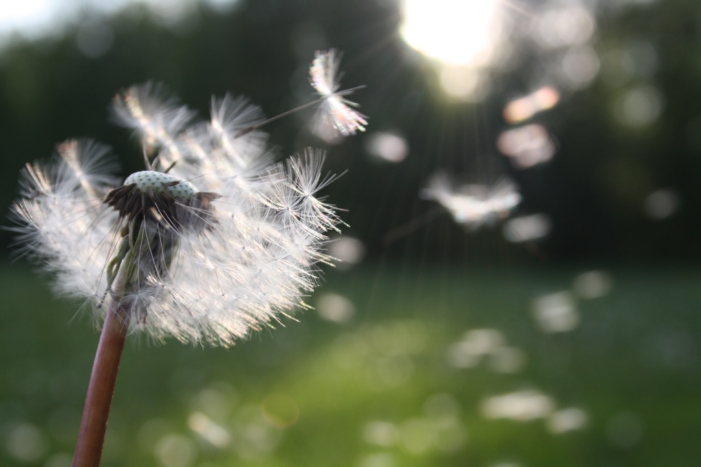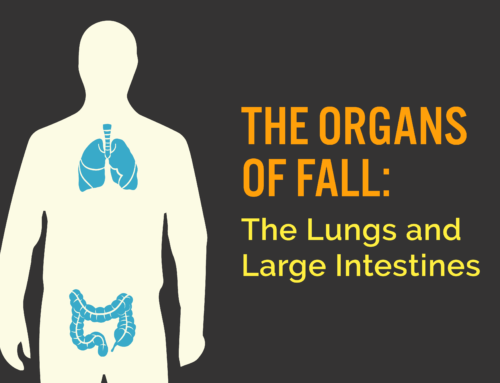Ahhh….SPRING. The flowers are blooming and beautiful, bees are buzzing, the sun is shining. But for allergy sufferers, Spring screams Sneezing! Sniffling! Itchy, watery eyes! Headaches!
But, did you know? Acupuncture can help alleviate these seasonal symptoms. For chronic allergy sufferers, acupuncture has been shown to regulate two chemicals involved in allergic reactivity: serum immunoglobulin E (IgE) and cytokines [1]. These points can be stimulated with a needle and sometimes with cupping and can produce lasting results overtime to reduce the need for “first aid” treatment. This normalizes the body’s immune response by increasing the number of messenger hormones sent to the immune system, which in turn calms down the immune response for long term allergy relief.
There’s even large controlled research studies that have shown that regular acupuncture treatment decreases antihistamine use and improves quality of life for those suffering from nasal congestion, sinus pain due to seasonal allergies [2].
In a 2015 review of 13 randomized-control studies, over 2,000 participants receiving acupuncture had a significant reduction in nasal symptoms, the need to take medication, and IgE than people who did not receive acupuncture. Treated individuals also had higher quality-of-life scores [3].
Similarly, another 2015 review concluded there have been high-quality randomized controlled trials that demonstrate efficacy for acupuncture in the treatment of seasonal and perennial allergic rhinitis [4].
Recently, a patient shared her experience of using acupuncture as an antidote to allergies: “As a year-round sinus and allergy sufferer, going to acupuncture weekly greatly reduces my headaches. I can really feel the pressure dissipating during a session and it’s the lasting effects that keep me coming back.
Want to give it a shot? We suggest treatment 2 times a week for the first 2 weeks for the initial phase. The middle phase would consist of weekly treatment until symptoms have consistently improved in frequency, duration or intensity. Maintenance treatment thereafter keeps you on track as needed.
Citations:
[1] Roberts, Jonathan, et al. “A Systematic Review of the Clinical Effectiveness of Acupuncture for Allergic Rhinitis.” BMC Complementary and Alternative Medicine, vol. 8, no. 1, Apr. 2008, p. 13. Springer Link, https://doi.org/10.1186/1472-6882-8-13
[2] Brinkhaus, Benno, et al. “Acupuncture in Patients with Seasonal Allergic Rhinitis: A Randomized Trial.” Annals of Internal Medicine, vol. 158, no. 4, Feb. 2013, pp. 225–34. PubMed, https://doi.org/10.7326/0003-4819-158-4-201302190-00002.
[3] Feng, Shaoyan, et al. “Acupuncture for the Treatment of Allergic Rhinitis: A Systematic Review and Meta-Analysis.” American Journal of Rhinology & Allergy, vol. 29, no. 1, Jan. 2015, pp. 57–62. SAGE Journals, https://doi.org/10.2500/ajra.2015.29.4116.
[4] Taw, Malcolm B., et al. “Acupuncture and Allergic Rhinitis.” Current Opinion in Otolaryngology & Head and Neck Surgery, vol. 23, no. 3, June 2015, pp. 216–20. PubMed, https://doi.org/10.1097/MOO.0000000000000161.






